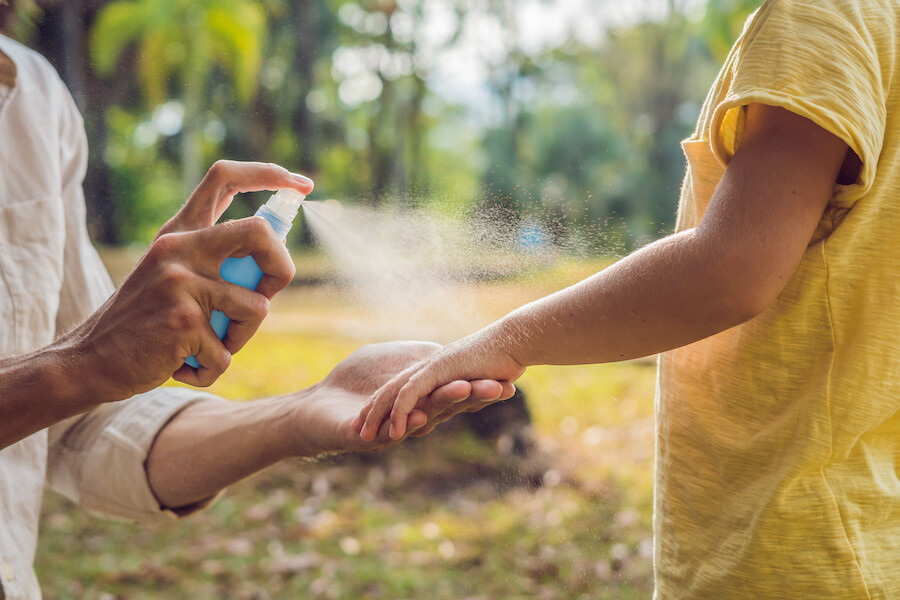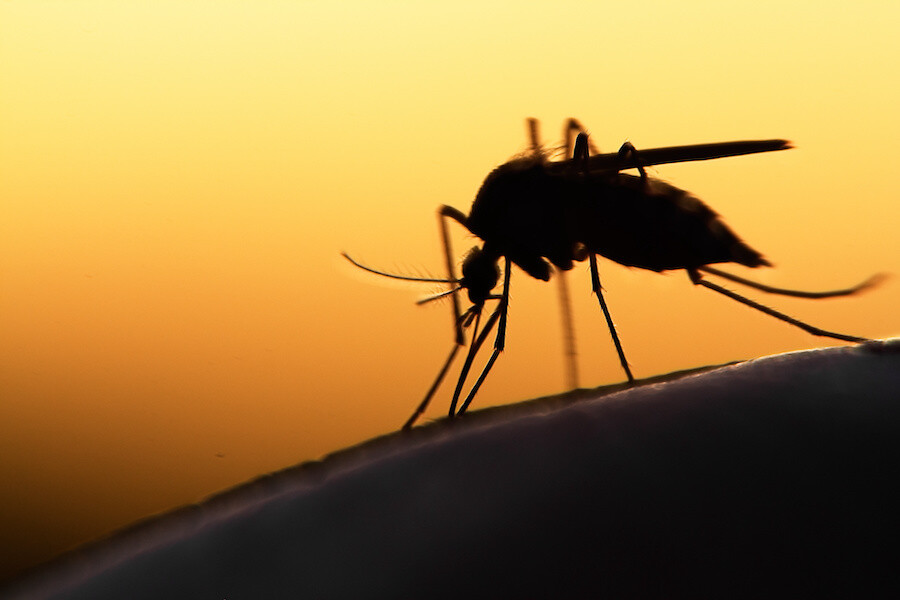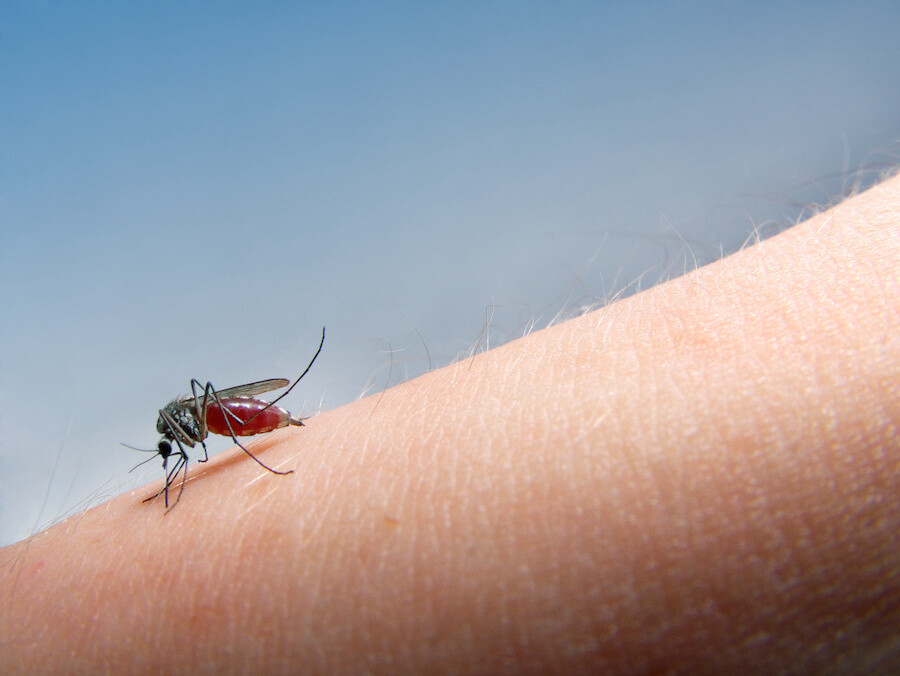As the summer months bring warmth and outdoor activities, they also bring mosquitoes. These tiny insects are more than just a nuisance; they can transmit several serious illnesses. Understanding how to avoid mosquito bites, what to do if bitten, and recognizing the symptoms of mosquito-borne illnesses is crucial for enjoying a healthy summer.
Common Mosquito-Borne Illnesses in the U.S.
In the United States, several mosquito-borne illnesses are prevalent during the summer months. The most common include:
- West Nile Virus (WNV): The leading cause of mosquito-borne disease in the continental U.S. Most people infected with WNV do not develop symptoms, but about 1 in 5 will experience fever, headache, body aches, joint pains, vomiting, diarrhea, or rash. Severe cases can lead to neurological illness.
- Eastern Equine Encephalitis (EEE): Although rare, EEE is a serious illness. Symptoms typically appear 4-10 days after a bite and can include high fever, headache, irritability, restlessness, drowsiness, anorexia, vomiting, diarrhea, and seizures. Severe cases can lead to encephalitis (inflammation of the brain).
- Zika Virus: While primarily a concern in tropical regions, occasional cases in the U.S. have been reported. Symptoms are generally mild and include fever, rash, headache, joint pain, conjunctivitis (red eyes), and muscle pain.
How to Avoid Mosquito Bites
Preventing mosquito bites is the first line of defense against these illnesses. Here are some effective strategies:
- Use Insect Repellent: Apply insect repellents that contain DEET, picaridin, IR3535, oil of lemon eucalyptus, or para-menthane-diol. Follow the product instructions for proper application.
- Wear Protective Clothing: Long sleeves, long pants, and socks can help shield your skin from bites. Light-colored clothing is less attractive to mosquitoes.
- Install Screens: Ensure windows and doors are fitted with screens to keep mosquitoes outside. Repair any holes or tears promptly.
- Eliminate Standing Water: Mosquitoes lay eggs in standing water. Regularly empty water from flowerpots, gutters, buckets, pool covers, pet water dishes, and birdbaths.
- Use Mosquito Nets: In areas with high mosquito activity, consider using mosquito nets over beds or outdoor sitting areas.
What to Do if You Get a Mosquito Bite
Despite precautions, bites can still occur. Here’s how to manage them:
- Clean the Area: Wash the bite with soap and water to reduce the risk of infection.
- Apply an Ice Pack: This can help reduce swelling and numb the area, alleviating discomfort.
- Use Anti-Itch Creams: Over-the-counter creams containing hydrocortisone or calamine lotion can soothe itching. Antihistamines can also be effective.
- Avoid Scratching: Scratching can break the skin, leading to infection.
Recognizing Symptoms of Mosquito-Borne Illnesses
Being vigilant about symptoms is crucial for early detection and treatment. Here are common symptoms associated with mosquito-borne diseases:
- Fever and Chills: Sudden onset of fever is common in many mosquito-borne illnesses.
- Headache and Muscle Pain: These are typical symptoms of WNV, EEE, and Zika virus.
- Rash: A rash can accompany Zika virus and WNV.
- Neurological Symptoms: Severe headaches, stiff neck, confusion, and seizures can indicate serious conditions like EEE and severe WNV infection.
- Joint Pain: Particularly in Zika virus cases.
When to Seek Medical Attention
If you experience any of the above symptoms, especially after being bitten by a mosquito, seek medical attention promptly. Early diagnosis and treatment are key to managing these illnesses effectively.
Mosquito Testing in Connecticut
Find out where mosquito testing is happening in Connecticut and the results of the testing by visiting the CT Agricultural Experiment Station.



